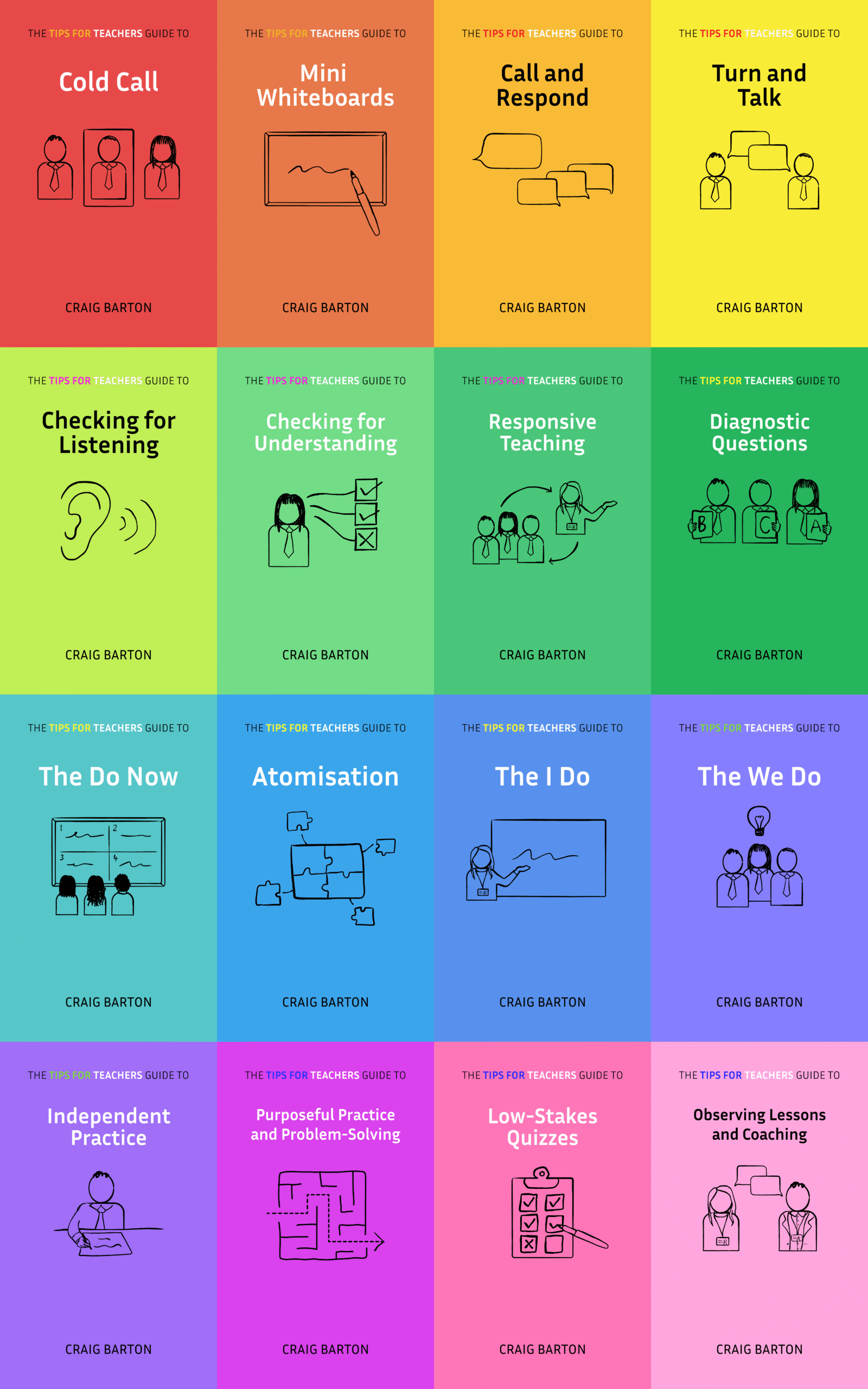
- Title: Optimizing Multiple-Choice Questions for Retrieval Practice
- Authors: van den Broek et al
- Access the original paper here
- Listen to a deep-dive podcast:
Paper summary
This research article investigates the effectiveness of a novel multiple-choice question (MCQ) format—stepwise MCQs—for vocabulary learning. Stepwise MCQs present the question before the answer options, encouraging cued recall before revealing the choices. Multiple experiments compared stepwise MCQs to standard MCQs, revealing that stepwise MCQs significantly enhanced vocabulary retention in most cases. The study also explores factors influencing this effect, including the competitiveness of answer options and the learners’ self-reported retrieval strategies. Finally, the researchers discuss the implications for improving vocabulary learning software and other educational settings.
What are the key implications for teachers in the classroom?
- Stepwise multiple choice questions (MCQs), where the question is shown for a few seconds before the answer options appear, can help students learn vocabulary better than standard MCQs. This format gives students a chance to recall the answer from memory before being shown possible answers.
- The benefits of stepwise MCQs are most robust when students actively try to recall the answer during the initial display of the question. Students who simply wait for the answer choices to appear do not show as much improvement. This suggests that teachers should explicitly instruct students to use the time to recall the answer from memory.
- Stepwise MCQs may be especially beneficial when it is not practical to create high-quality, competitive answer choices. Competitive answer choices require students to think carefully and rule out incorrect options. However, creating these choices can be time-consuming. When this is not feasible, the stepwise display can help enhance learning even with less-than-ideal answer options.
- Competitive answer choices, where students cannot easily guess the correct answer, lead to better learning outcomes than noncompetitive answer choices. This highlights the importance of carefully designing MCQs to ensure that students must engage in effortful retrieval to find the correct answer.
- The study did not find consistent evidence that stepwise MCQs improve students’ ability to accurately judge their own learning (metacognitive accuracy). This suggests that other strategies may be needed to help students develop this important skill.
- Stepwise MCQs could be a useful tool for teachers in a variety of classroom settings, such as:
- Computerized vocabulary exercises
- Classroom quizzes
- Mobile learning apps
- Practice quizzes on smartboards
- Response systems used during lectures
Overall, the sources suggest that stepwise MCQs are a valuable tool for promoting retrieval practice and enhancing vocabulary learning. Teachers can implement this format in various ways to create a more engaging and effective learning environment.
Quote
Overall, a stepwise display is a promising and easy-to-implement manipulation to optimize MCQs for retrieval practice








